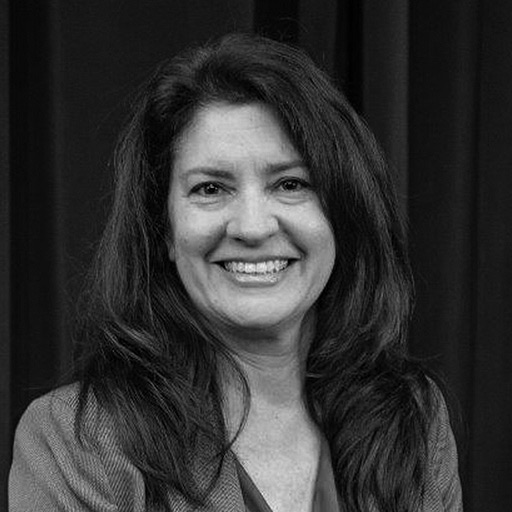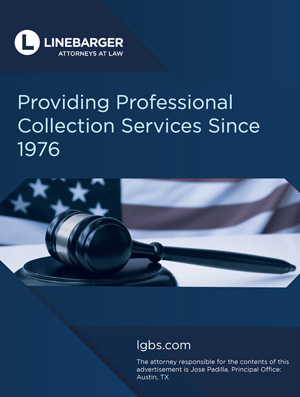Learning to Fly
No person, ever, in the history of mankind, was born with the ability to run. At first, we’re carried everywhere because we can’t do anything ourselves. Then we manage to get up on our hands and knees and crawl around a bit, getting from here to there all by ourselves, awkward and clumsy. Next comes walking, which is a lot harder, and no more graceful, but at least we’re moving around like all the big people do. Finally, we learn how to run. We fall a lot. We skin our knees. We suffer bruises to both our bodies and egos. And, eventually, we learn how to make all those complicated muscles and joints work together well enough that we feel like we’re positively flying.
Thirty-one years ago, I started working for the court system. I was basically carried in my first day, and everywhere for some time, because I knew absolutely nothing about how courts worked.
What I can tell you, for certain, is a lesson I learned along the way: Often, while I was learning to run, I needed someone else to help me. There are times in our careers when we need a coach. Someone to guide us, tell us what we’re doing right and what we can do better. When to speed up and when to slow down. When to go left and when to turn right. Someone who has already been down our path and knows when we need a swift kick or when we need a cheerleader–which is precisely the role of a mentor.
Throughout my career, I have had many superiors and colleagues who mentored me along the way. They were invaluable at helping me grow, adapt, and have the courage to chase my dreams. Five years ago, while looking to push myself professionally, I reached out to NACM and requested assistance from their mentorship program. I can say that I hit the proverbial jackpot. Marcus Reinkensmeyer, past president of NACM (2008-09) and last year’s winner of the Institute for Court Management Star Award, agreed to be my mentor. I was shocked and humbled to receive him as my mentor. The results of this relationship speak for themselves. Marcus helped me look at my career objectively. He provided guidance and supported me in all my professional endeavors. He gave me the courage that other mentors have given me in the past. And thanks largely to his assistance, I went after the position I wanted, and it’s the position I currently hold.
Guidance. Feedback. Knowledge. Networking. A mentor can fill in the gaps that can occur even if you work hard. Looking for professional help is not a weakness–it’s smart career planning. I am now a mentor myself, because I know firsthand how effective and rewarding the relationship can be, for both the mentor and the mentee. I love being able to help others in the same way others helped me when I needed it—to watch them grow and succeed and know that I played a positive role in their professional development.
Don’t ever be afraid to run. And don’t ever be afraid to ask someone to show you the way.
ABOUT THE AUTHOR
Tina Mattison is the deputy court administrator for Pima County Juvenile Court in Tucson, Arizona. She sits on the Board of Directors for NACM and is the chair of the Early Career Professional subcommittee.



